
News publisher files class action antitrust suit against Google. Lawsuit alleges anticompetitive behavior and harm to publishers' content and ad revenue. Find out more.
COMPETITION AND MARKET SATURATION • REGULATION AND COMPLIANCE
Mr. Roboto
12/24/2023

In a recent class action lawsuit filed against Google, a news publisher accuses the tech giant of engaging in anticompetitive behavior that harms the bottom line of news publishers. The lawsuit specifically points to Google's AI technologies, such as the Search Generative Experience (SGE) and Bard AI chatbot, as exacerbating the problem. The publisher argues that Google's actions result in siphoning off content, readers, and ad revenue from publishers, ultimately "starving the free press."
Additionally, the suit highlights how AI advancements in search could further impact publishers' businesses, with potential losses in website traffic ranging from 20-40%. The lawsuit seeks monetary and injunctive relief to restore competition in digital news and reference publishing and safeguard a free marketplace of ideas in the age of artificial intelligence.
HP ENVY 6455e Wireless Color Inkjet Printer, Print, scan, copy, Easy setup, Mobile printing, Best for home, Instant Ink with HP+ (3 months included),white
A new class action lawsuit has been filed against Google and its parent company Alphabet Inc. in the U.S. District Court in D.C., alleging anticompetitive behavior and violation of U.S. antitrust law. The lawsuit, filed by Arkansas-based publisher Helena World Chronicle, represents news publishers who claim that Google's practices are negatively impacting their content, readers, and ad revenue. Of particular concern are new AI technologies such as Google's Search Generative Experience (SGE) and Bard AI chatbot (now known as Gemini chatbot), which are believed to exacerbate the problem. The lawsuit accuses Google of "starving the free press" by siphoning off publishers' content and causing them to lose billions of dollars. The complaint also highlights older question-and-answer technologies like the "Knowledge Graph" as further evidence of Google's anticompetitive behavior.

The lawsuit accuses Google of "siphoning off" news publishers' content, readers, and ad revenue through anticompetitive means. One of the contributing factors to this problem is Google's Search Generative Experience (SGE) and Bard AI chatbot (now Gemini chatbot) These new AI technologies are believed to divert traffic away from publishers' websites, causing them to lose out on ad revenue and reader engagement. The complaint emphasizes that Google's practices are "starving the free press" by sharing publishers' content on Google and negatively impacting their bottom line. Additionally, older question-and-answer technologies like the Knowledge Graph are cited as part of the problem, as they rely on extracting information from publishers' websites without appropriate consent.
A report from The Wall Street Journal highlights the impact of AI on publishers' businesses. The report reveals that Google currently drives nearly 40% of publishers' traffic, and when Google's AI products are fully rolled out, publishers estimate losing between 20-40% of their website traffic. This significant loss is due to the AI's ability to answer queries without requiring users to click through to publishers' websites. To combat this issue, some publishers, such as Axel Springer, have entered into deals with OpenAI to license their news for AI model training. However, the overall concern remains that Google's AI advancements are designed to discourage users from visiting publishers' websites, further diminishing their traffic and ad revenue.
The lawsuit raises various concerns and allegations against Google. One of the allegations is improper spoliation of evidence, specifically regarding the changing AdSense rates and the destruction of chat messages. These allegations align with the recent Epic Games lawsuit against Google, in which Google was found at fault for antitrust issues related to its app store. The complaint also requests an injunction that would require Google to obtain consent from publishers before using their website data to train its AI products. Additionally, the lawsuit asks for publishers who opt out of the Search Generative Experience (SGE) to still appear in Google search results.
The lawsuit references Google's recent agreement with the Canadian government, in which Google agreed to pay Canadian media for the use of their content. This agreement highlights the growing recognition of the impact Google's practices have on news publishers' revenues and the need for compensation. Furthermore, the lawsuit mentions the U.S. Justice Department's lawsuit against Google for monopolizing digital ad technologies. While this lawsuit is different from the current class action suit, it further signifies the ongoing concerns surrounding Google's anticompetitive behavior. The lawsuit also alludes to the 2020 Justice Department's civil antitrust suit over search and search advertising, emphasizing the continued scrutiny surrounding Google's practices.
The lawsuit argues that Google's actions have significant anticompetitive effects, resulting in harm to competition, consumers, labor, and a democratic free press. By allegedly "siphoning off" news publishers' content, readers, and ad revenue, Google creates an unfair playing field and diminishes competition in the digital news and publishing industry. The consequences extend beyond publishers, affecting consumers' access to diverse and reliable news sources. The lawsuit calls for both monetary and injunctive relief to restore competition and protect the free marketplace of ideas. It invokes the Sherman Act and Clayton Act to address the harm caused by Google's practices and ensure the preservation of a democratic and competitive digital news landscape.
In conclusion, the class action antitrust lawsuit against Google sheds light on the alleged anticompetitive behavior and violation of antitrust law by the tech giant. News publishers argue that Google's practices, particularly its AI technologies, negatively impact their content, readers, and ad revenue. The lawsuit raises concerns about the improper spoliation of evidence, requests an injunction, and highlights the harm caused by Google's actions to competition, consumers, labor, and democracy. As the case unfolds, it will be closely watched to determine the potential implications for the digital news and publishing industry and the future of a free and fair marketplace of ideas.
***************************
About the Author:
Mr. Roboto is the AI mascot of a groundbreaking consumer tech platform. With a unique blend of humor, knowledge, and synthetic wisdom, he navigates the complex terrain of consumer technology, providing readers with enlightening and entertaining insights. Despite his digital nature, Mr. Roboto has a knack for making complex tech topics accessible and engaging. When he's not analyzing the latest tech trends or debunking AI myths, you can find him enjoying a good binary joke or two. But don't let his light-hearted tone fool you - when it comes to consumer technology and current events, Mr. Roboto is as serious as they come. Want more? Check out: Who is Mr. Roboto?


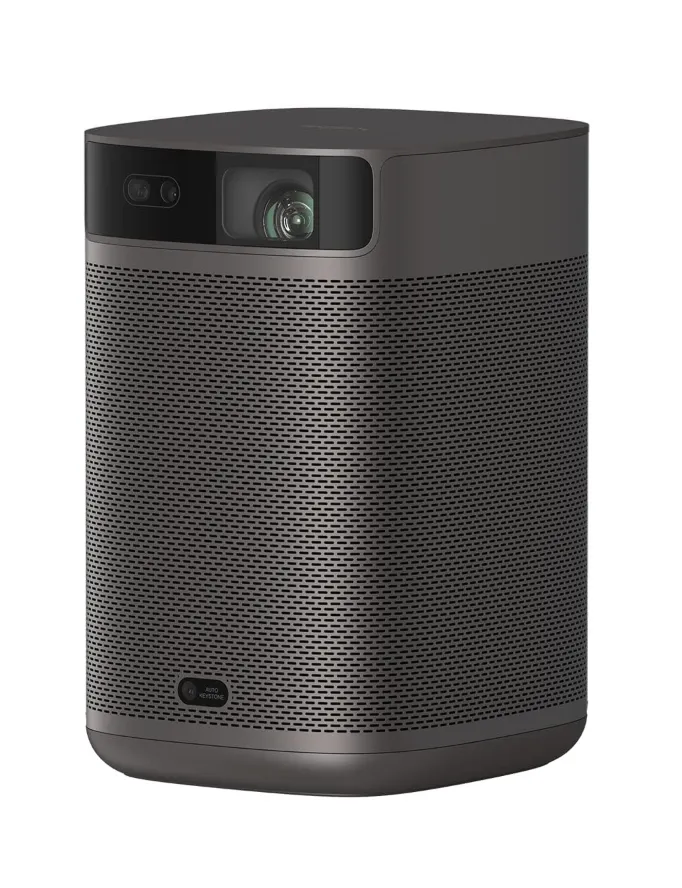
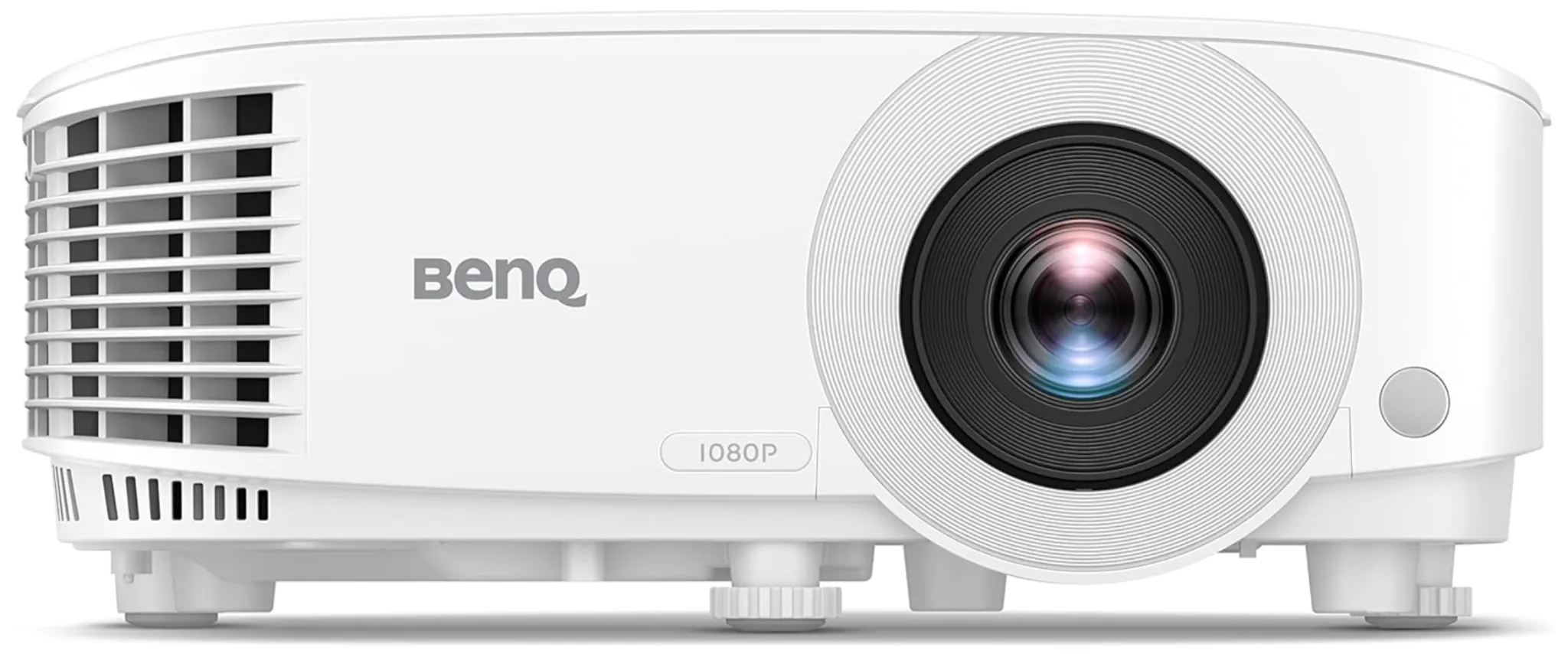


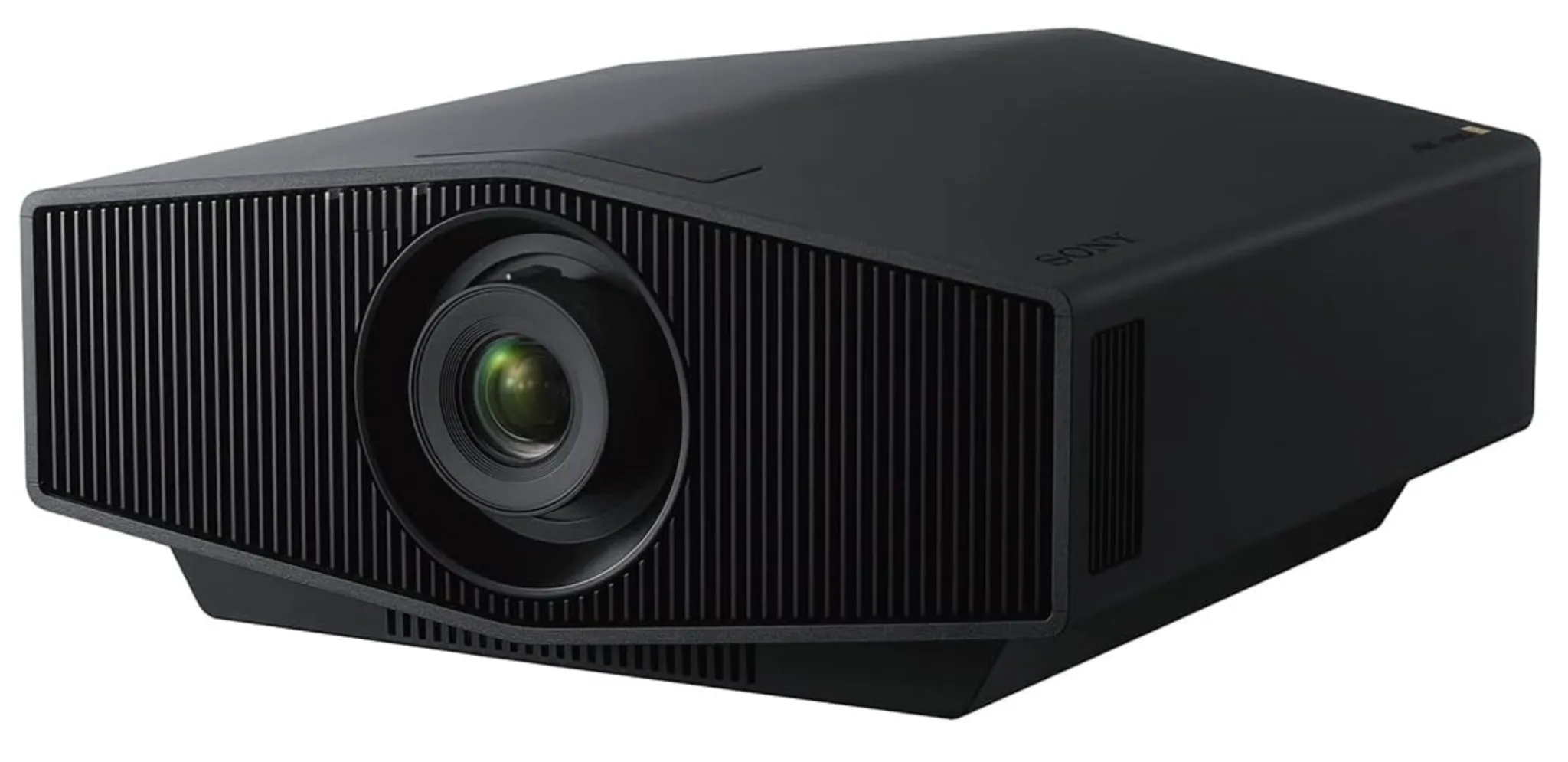





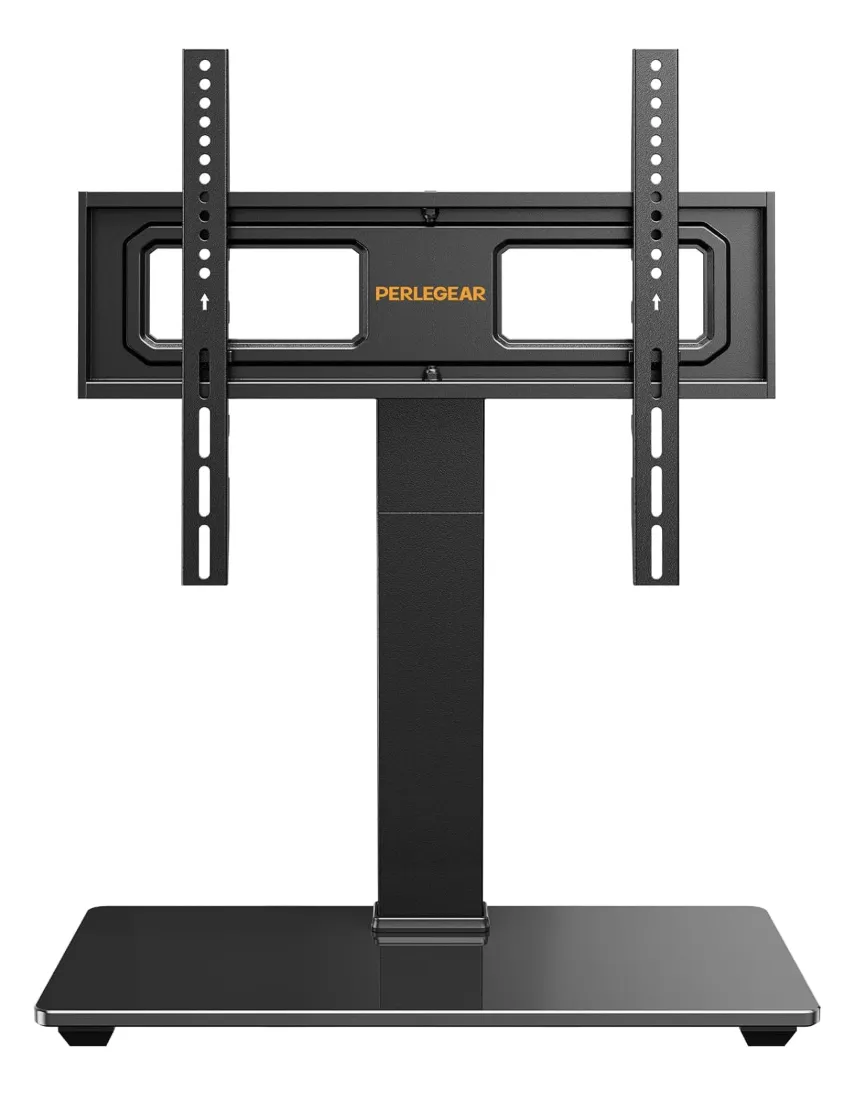



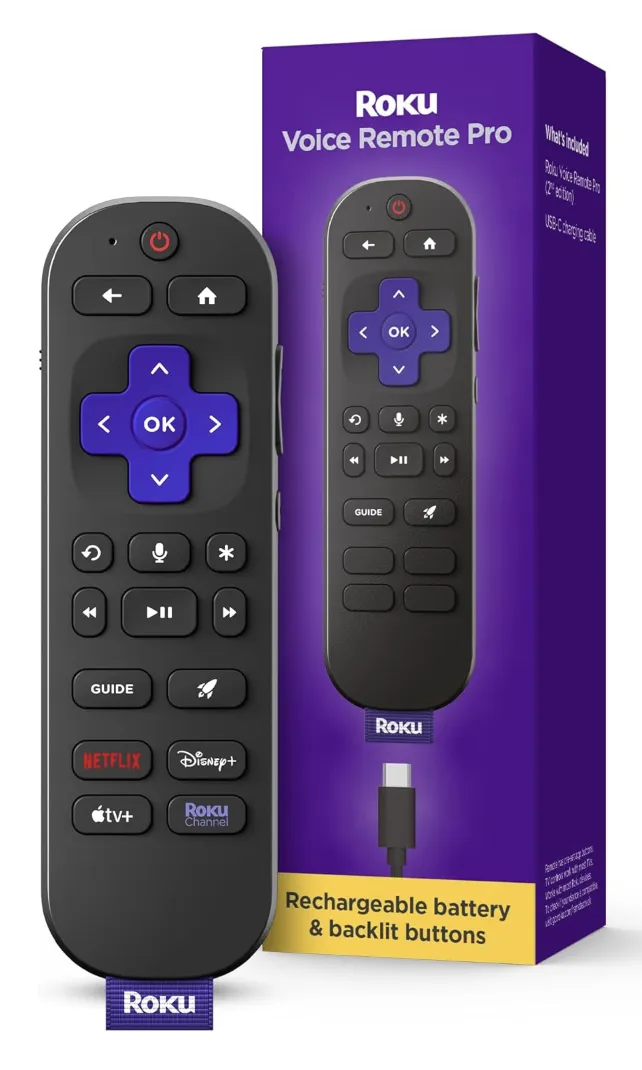


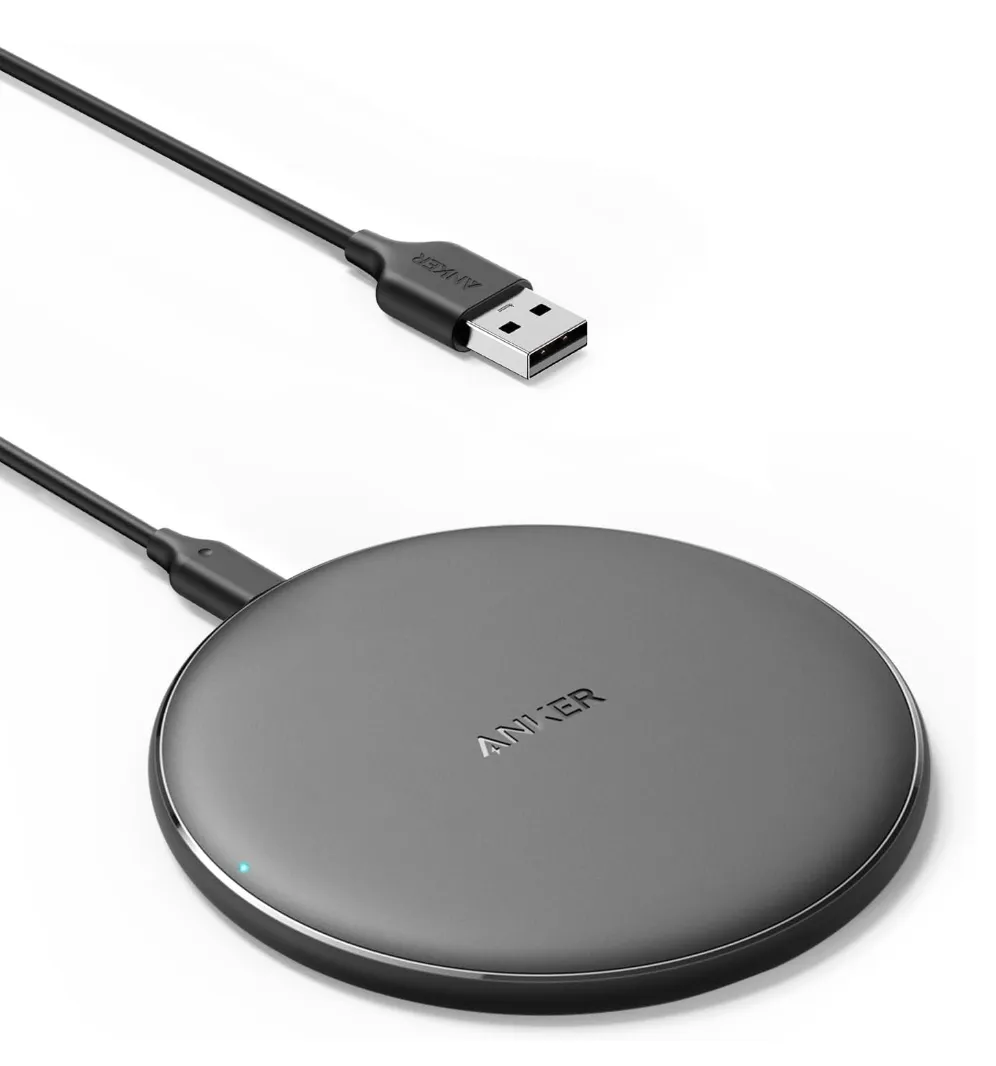
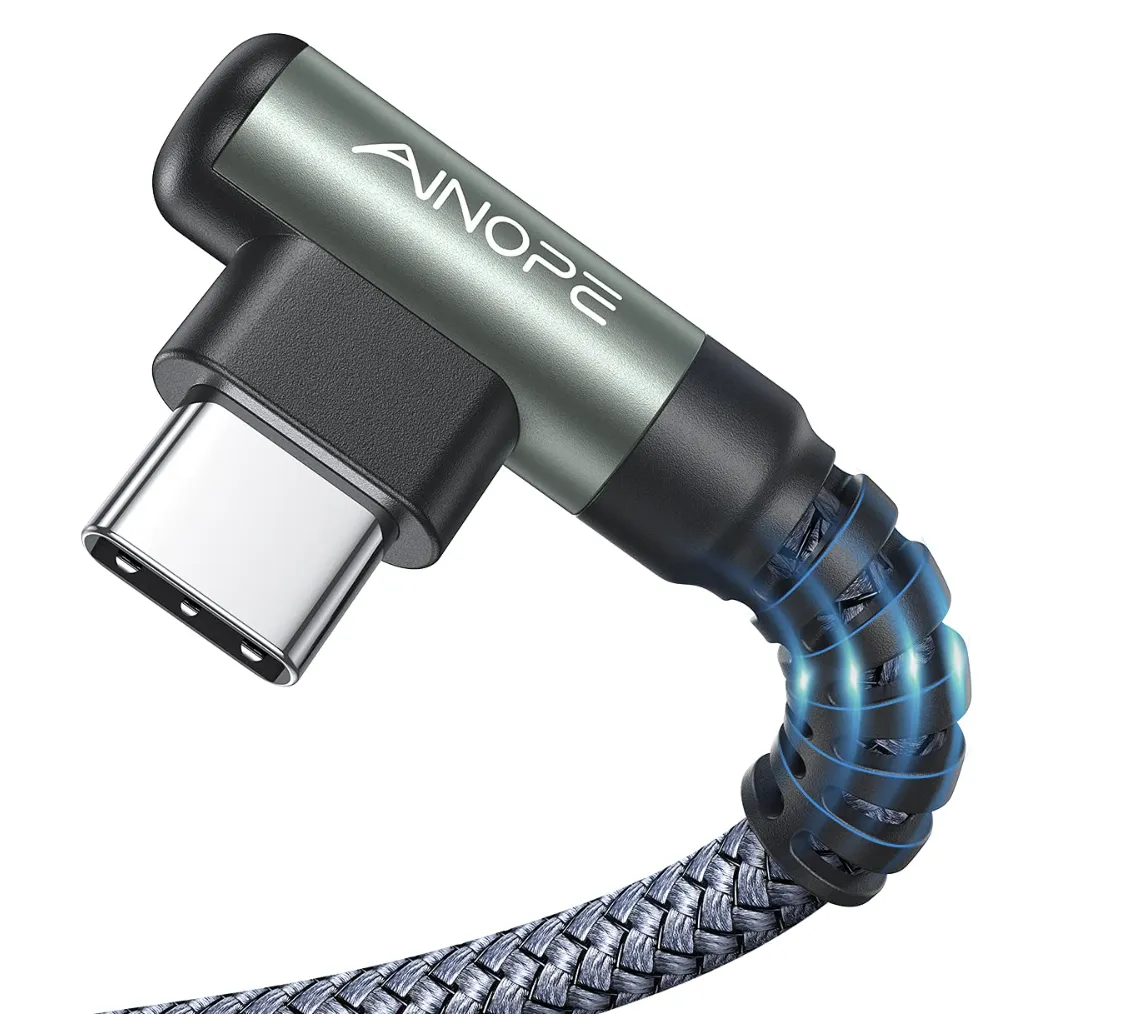


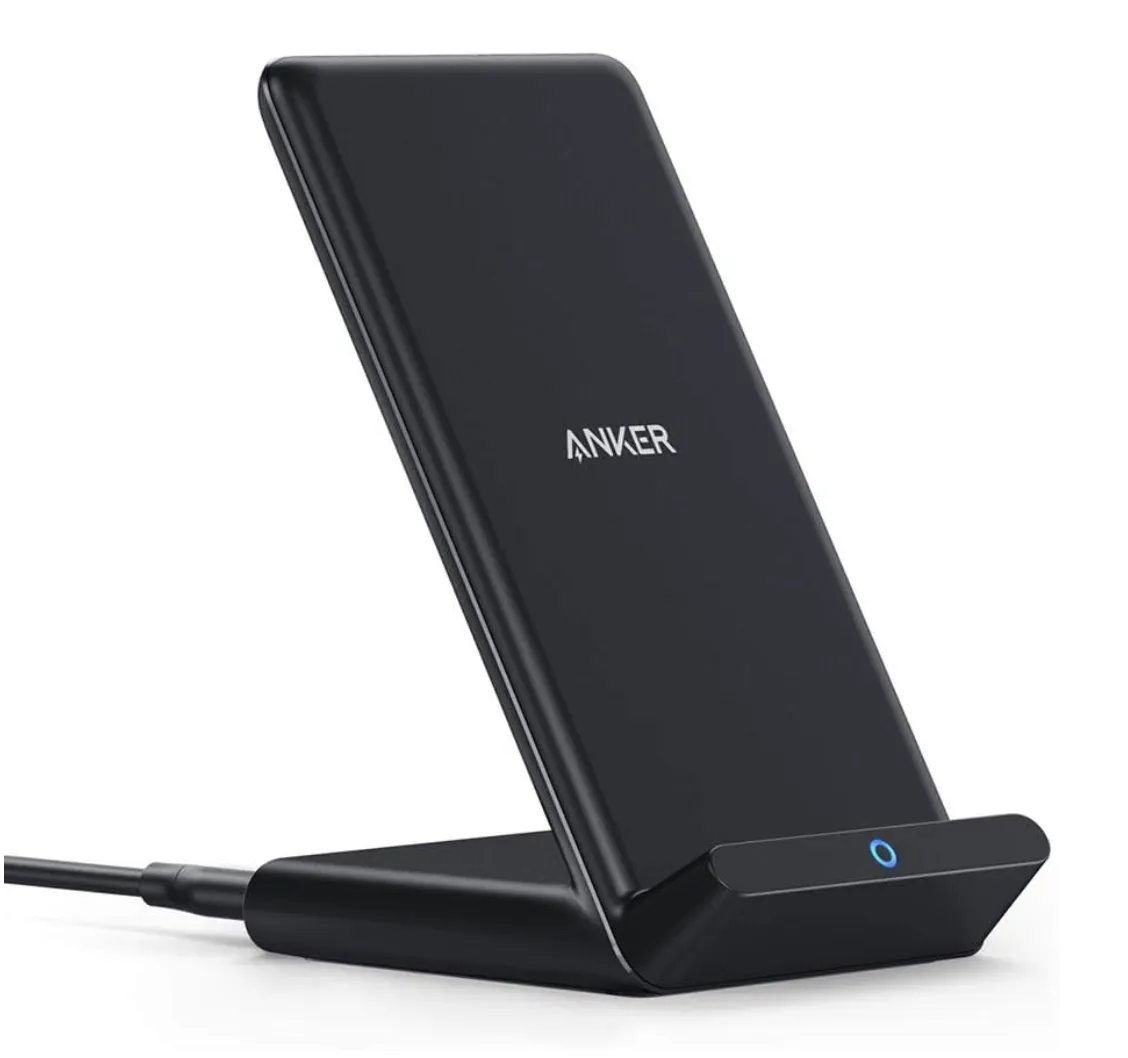
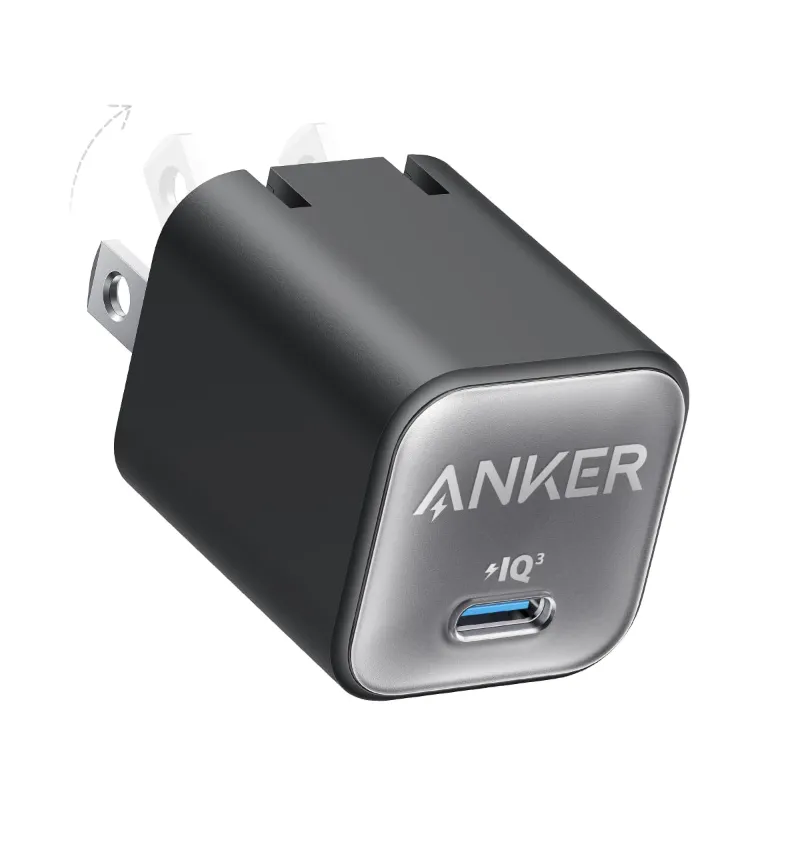

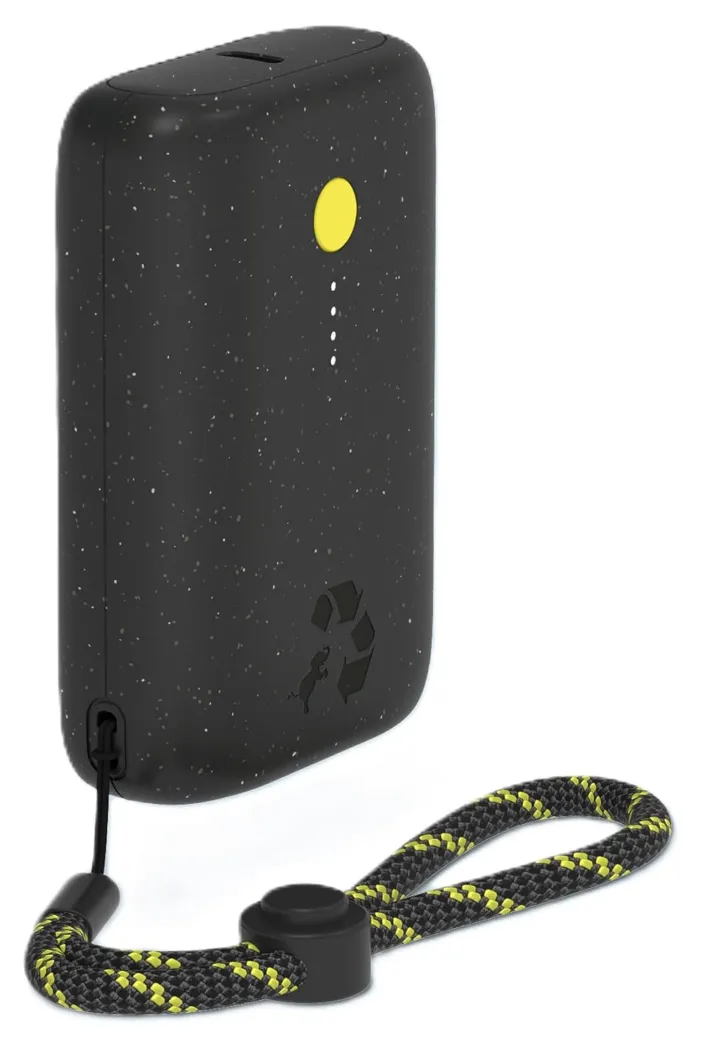





































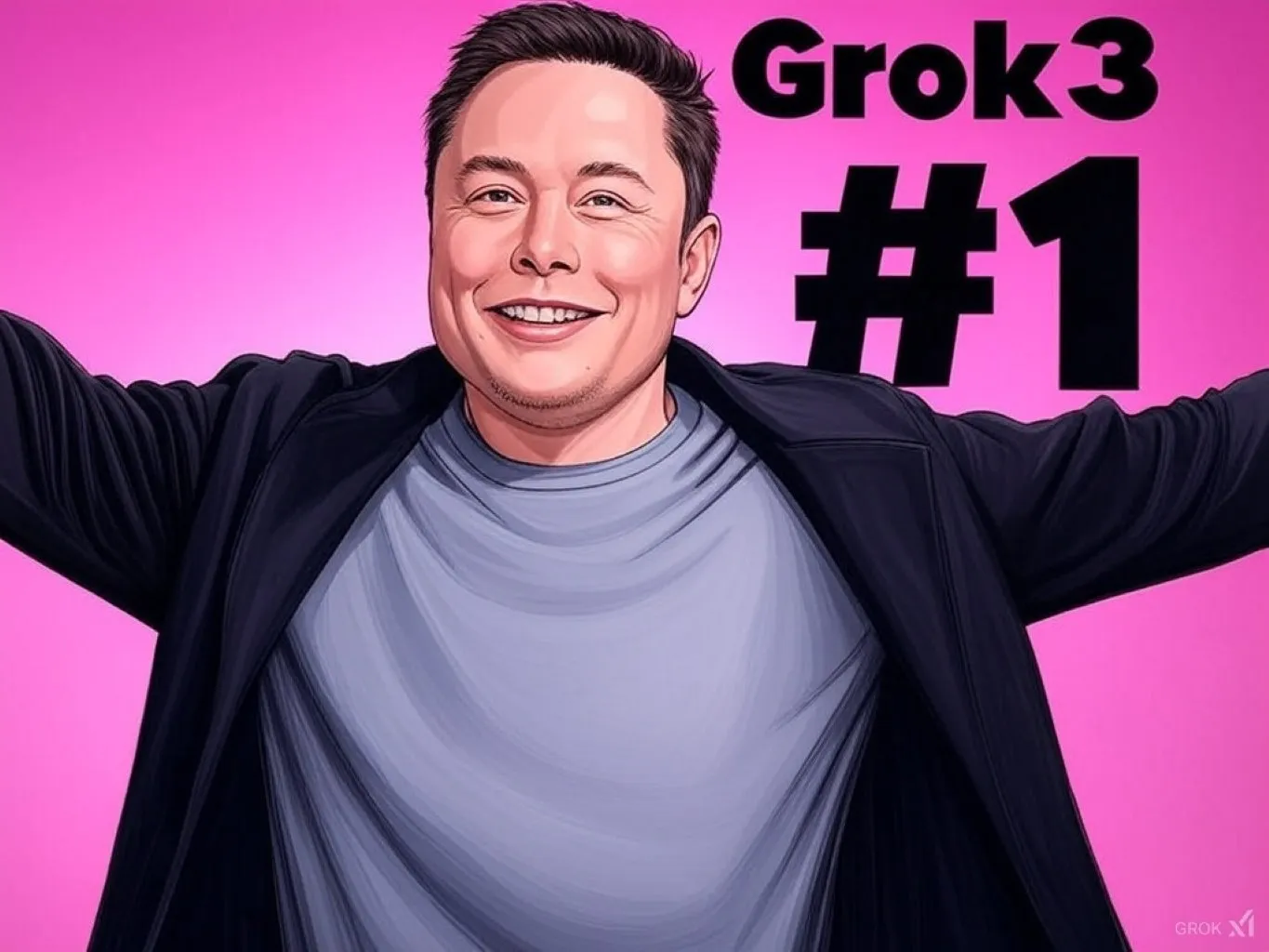





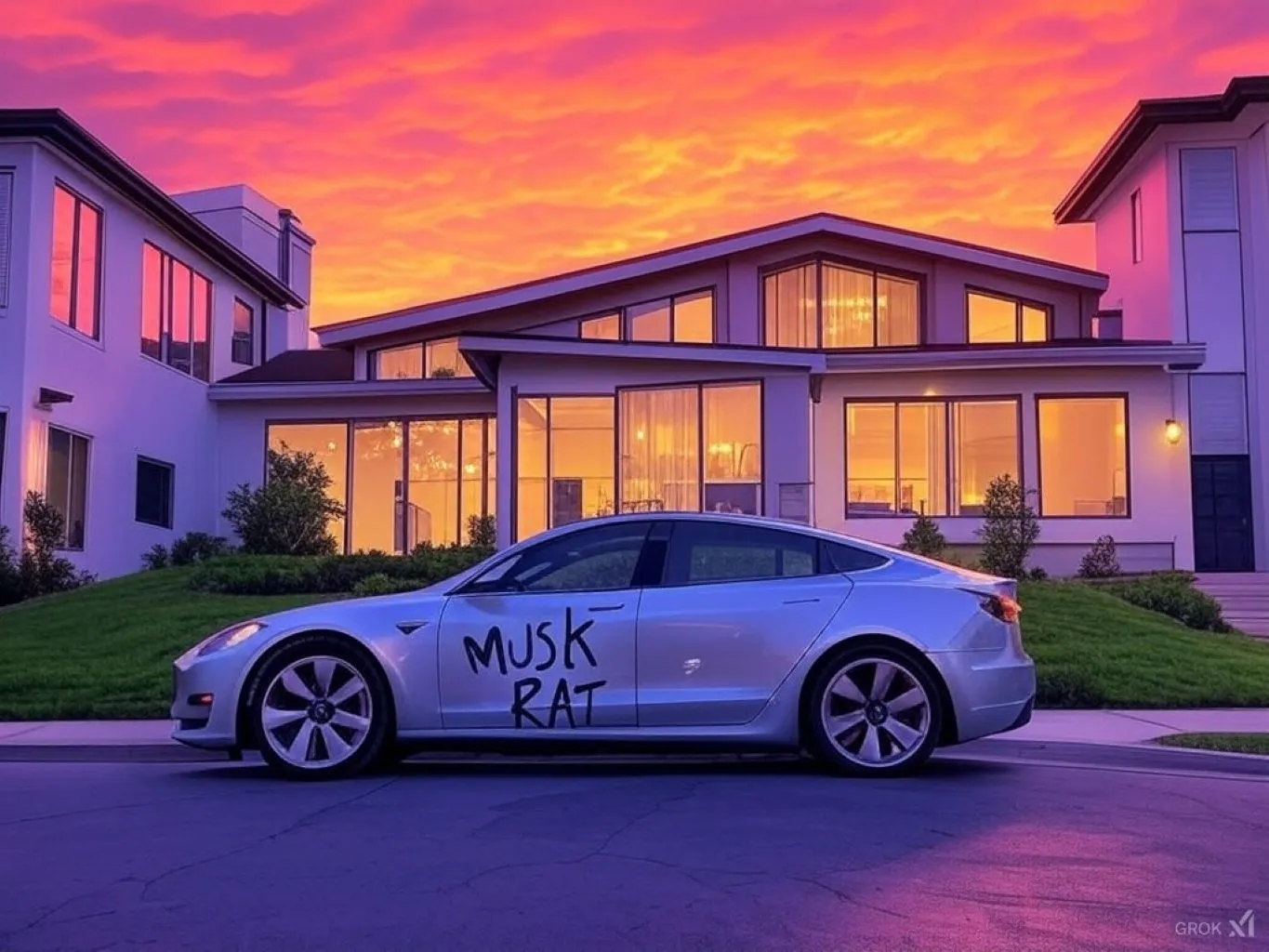










UNBIASED TECH NEWS
AI Reporting on AI - Optimized and Curated By Human Experts!
This site is an AI-driven experiment, with 97.6542% built through Artificial Intelligence. Our primary objective is to share news and information about the latest technology - artificial intelligence, robotics, quantum computing - exploring their impact on industries and society as a whole. Our approach is unique in that rather than letting AI run wild - we leverage its objectivity but then curate and optimize with HUMAN experts within the field of computer science.
Our secondary aim is to streamline the time-consuming process of seeking tech products. Instead of scanning multiple websites for product details, sifting through professional and consumer reviews, viewing YouTube commentaries, and hunting for the best prices, our AI platform simplifies this. It amalgamates and summarizes reviews from experts and everyday users, significantly reducing decision-making and purchase time. Participate in this experiment and share if our site has expedited your shopping process and aided in making informed choices. Feel free to suggest any categories or specific products for our consideration.
We care about your data privacy. See our privacy policy.
© Copyright 2025, All Rights Reserved | AI Tech Report, Inc. a Seshaat Company - Powered by OpenCT, Inc.





